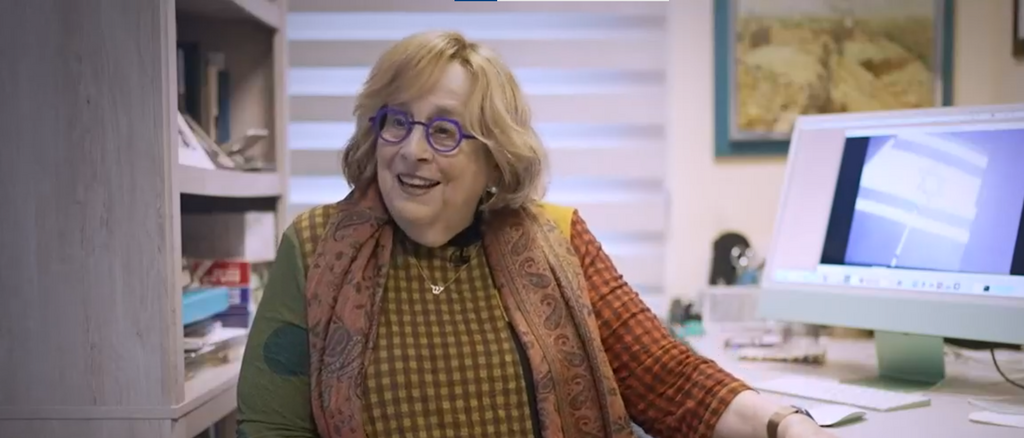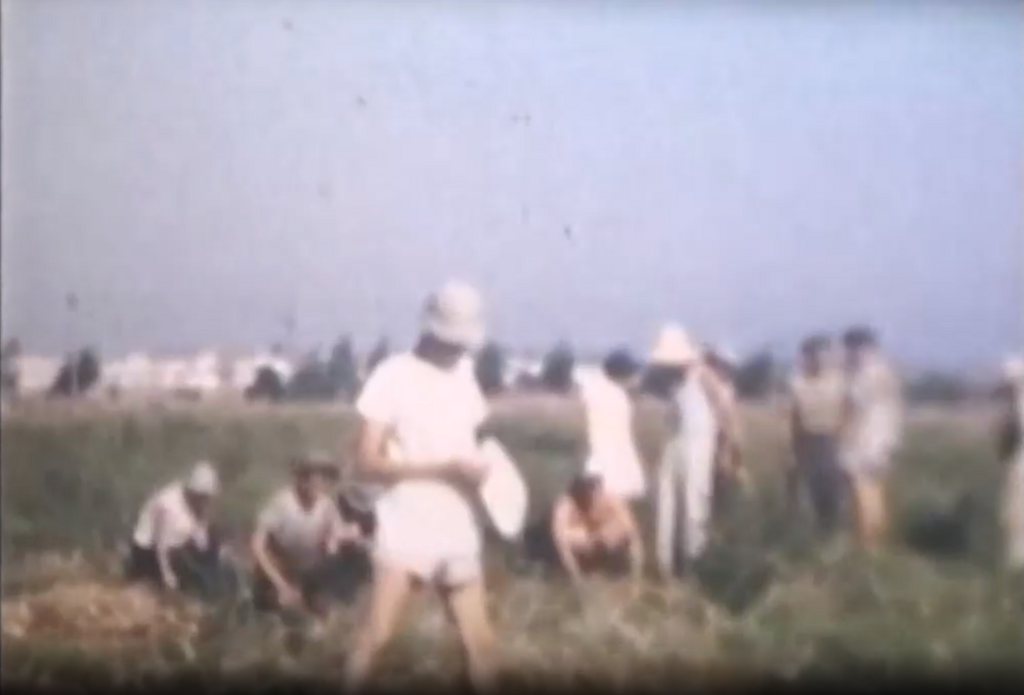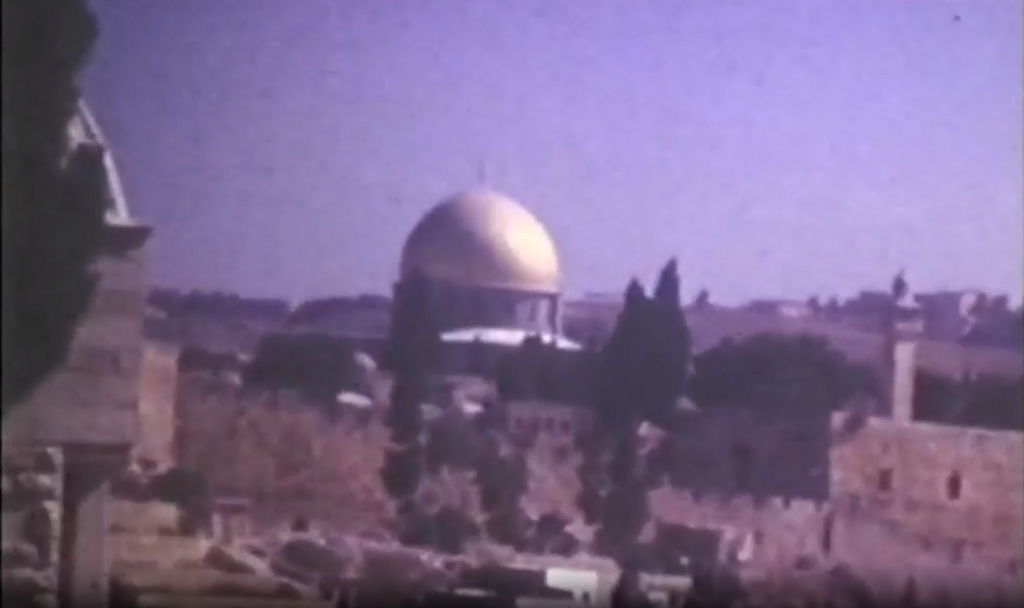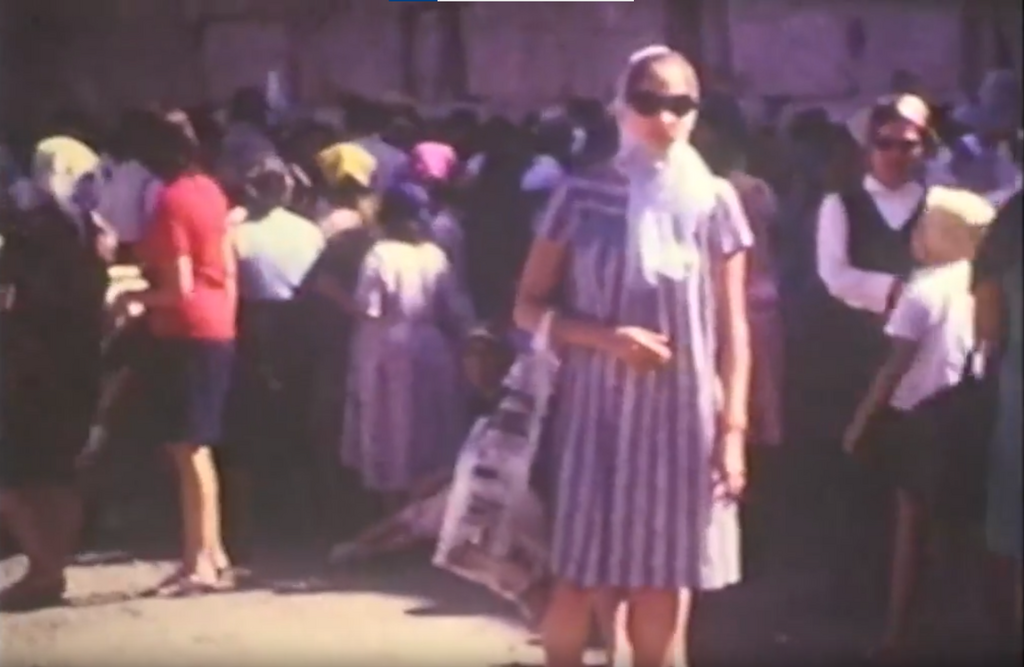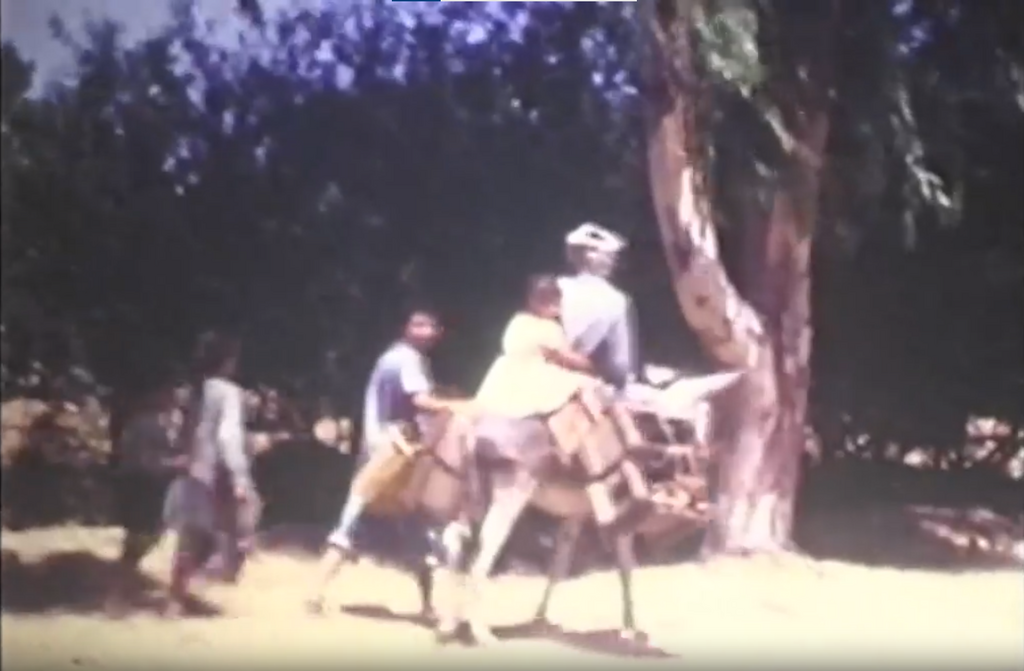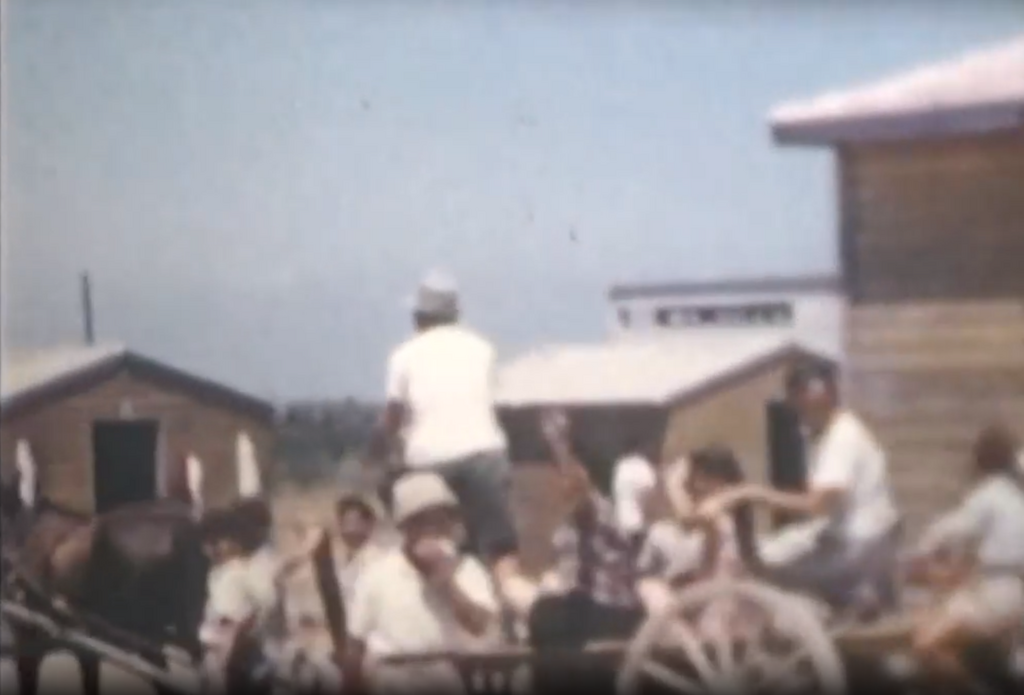Hensha's treasure trove of rare footage from Israel's early days
(Hensha Gansbourg)
“I’m so thrilled being here. My neshoma is on fire here,” says 89-year-old Hensha Gansbourg gleefully from her residence in Jerusalem, using the Yiddish term for “soul.”
More stories:
Gansbourg immigrated to Israel from the United States two years ago with the support of Nefesh B'Nefesh, an organization that aids North American Jews in making Aliyah. The process was facilitated through collaboration with the Aliyah and Integration Ministry, the Jewish Agency and KKL-JNF in the United States.
Her eyes glow when she talks about Israel. Between her and the Jewish state, there is nothing short of a love story. She visited the country dozens of times over the years and dreamed of making Aliyah, but it didn't work out, and even her 10 children and numerous grandchildren weren't particularly enthusiastic about the idea. The octogenarian finally decided to the time has come to pursue her dream, albeit at a late age.
Gansbourg was among the first to acquire home video cameras in the 1950s. She took this camera on her first trip to Israel in 1952 and brought it again about a month after the remarkable victory of the State of Israel in the Six-Day War in 1967.
Gansbourg has rare color video footage documenting the euphoric days following the war. Her camera captured the vivid aftermath of the conflict: damaged buildings scarred by missiles and bullets, burnt tanks along the roads of the Golan Heights, Jerusalem and Jericho, machine guns, reserve soldiers returning from the war and even unopened crates of ammunition.
In her recordings, she also documented a Palestinian father riding a donkey with his children by his side. Gansbourg takes great pride in presenting the films she shot, which have since been digitized.
Gansbourg takes us back to the days leading up to the Six-Day War. “I used to listen to a Jewish radio show every morning at 8 O’clock. And I remember when he announced that war broke out and I was so nervous and so afraid because I couldn’t imagine how Israel could win. They were surrounded completely by Arabs,” she reminisces.
“And then, we were following the news and watching, and then in six days, what happened was totally a miracle. Everybody was euphoric in the United States. Everybody. Israel was phenomenal. And I had such a fervor that I had to go.”
Gansbourg expressed her desire to visit the Holy Land to her friend, and the following month, she fulfilled her wish, accompanied by her father.
She fondly recalls the hotel in Haifa where they stayed, using it as a base to explore the entire country, including Hebron and Jerusalem.
What is the strongest memory that you have?
“The Golan Heights. That is my strongest memory,” she says. “Going to the Golan Heights blew my mind because I knew how the Arabs were shelling down on the Jews for all these years, on the Kibbutzim. And when we got there, we saw this vast expanse of land and we were thrilled that Israel was able to capture this.
7 View gallery
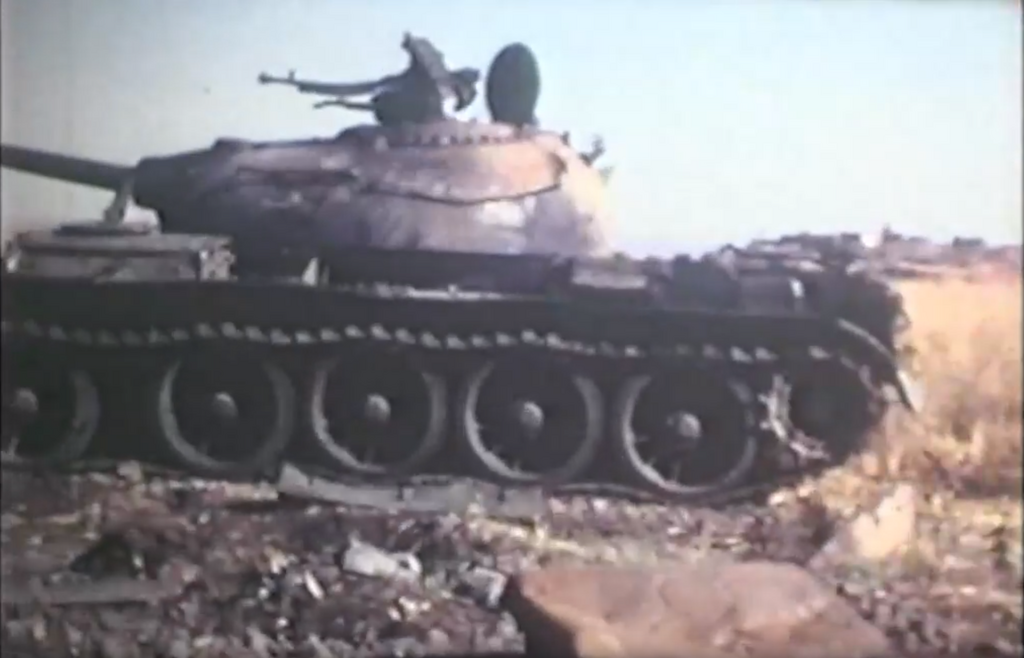

A burned Syria tank by the side of the road in the Golan Heights, 1967
(Photo: Courtesy)
And we saw the dugouts where the Arabs were, and they still had tanks out, there were still boxes of bullets laying there because they had not cleaned it yet."
In the video, American tourists can be seen excitedly climbing on tanks and even entering the turrets. They encountered IDF soldiers and took pictures with them, displaying genuine excitement.
Can you think about the differences between Israel of ‘67 and ’52 and the Israel of today?
“Oh my gosh, it’s a different world today in Israel,” she laughs. “I’d send my children to summers in Israel. They came more than once to Israel in the summer, on different trips, because I wanted them to feel what I did, the love of Israel. And I tell them now… ‘You got to come, you got to see this because you won’t believe’… I said, ‘Tel Aviv looks like New York City, the building in [Jerusalem] is amazing’. I said, 'You got to come and see’.”
When asked why she didn’t make Aliyah sooner, Gansbourg says she lived in a strongly Zionist community and saw many of her friends and family but had to stay because of her children.
She finally decided to make Aliyah in 2020, at the height of the COVID-19 pandemic. Unhappy with the pandemic response and authorities’ inaction in the face of rising antisemitism, she decided to pack up her old life and start anew in the Jewish state.
What was the reaction of your children to you making Aliyah?
“My children were not happy. I’m telling they weren’t happy. But they see that I am happy. They see I’m so thrilled being here. My neshoma is on fire here. Next year I’m going to be 90, and I wish to all of them is that they all should come and we should all have a family trip together here in Israel."
First published: 23:46, 07.01.23




